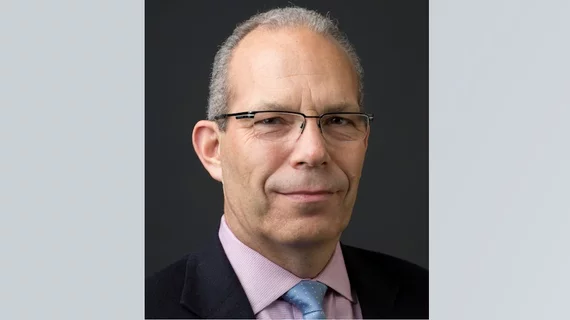NorthStar Medical Technologies appoints new president, CEO
NorthStar Medical Technologies, the Beloit, Wisconsin-based parent company of NorthStar Medical Radioisotopes, has appointed Stephen Merrick as president and CEO. Merrick was first hired in 2016 as the company’s senior vice president and chief operating officer.
Merrick is replacing outgoing chairman and CEO George Messina, who has now been named chairman emeritus.
“As founder, George has been the driving force from NorthStar’s inception through FDA approval of the RadioGenix System to the initial commercial sale of domestically produced Mo-99,” Diane Hendricks, chairperson of the NorthStar Board of Managers, said in a prepared statement. “We thank George for his successful leadership in NorthStar’s effort to become the first U.S.-based producer of Mo-99. George’s passion and dedication were critical to building NorthStar into a global leader in the development of novel technologies for the production of medical isotopes for medical imaging.”
Hendricks added that she and her colleagues are excited to have Merrick on board as president and CEO, noting that this latest “organizational realignment” puts the company where it needs to be to make the most out of both Merrick and Messina’s strengths.
“This company is strongly positioned for rapid growth in the U.S. market, and there are attractive opportunities for NorthStar to grow outside the United States as well,” she said in the statement. “Steve’s broad executive experience in the pharmaceutical industry at Bristol-Myers Squibb, Mallinckrodt and Baxter Healthcare, as well as his expertise in product development and driving domestic and global market demand are invaluable to NorthStar’s future success.”

